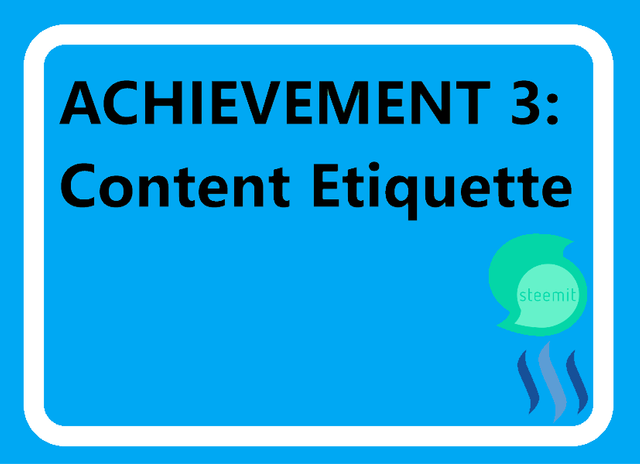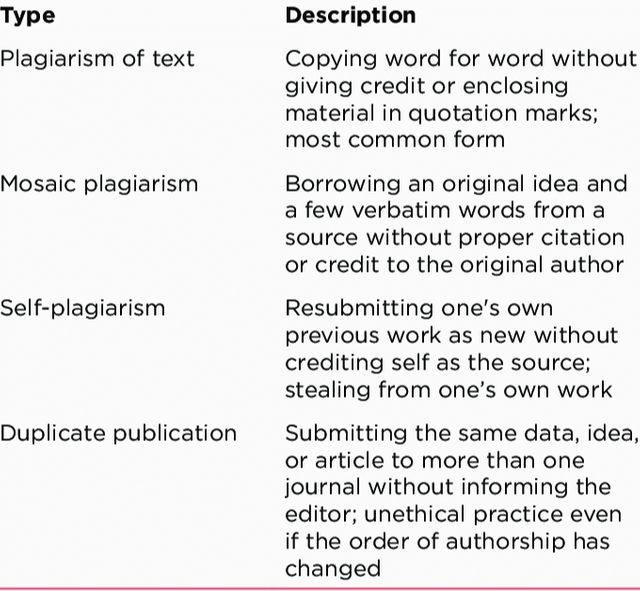What is plagiarism
Plagiarism is presenting someone else’s work or ideas as your own, with or without their consent, by incorporating it into your work without full acknowledgement. All published and unpublished material, whether in manuscript, printed or electronic form, is covered under this definition. Plagiarism may be intentional or reckless, or unintentional. Under the regulations for examinations, intentional or reckless plagiarism is a disciplinary offence.
source
Types of plagiarism
What is a citation?
Whenever you get information from a source, quote a source, or base your comments / statements on someone else's work or ideas, you should mention that source. Any opinion that does not belong to you needs to be quoted.
A quotation is where you write a source of information or a piece of information that points to it, describes it in words, quotes it or uses it in some way.
Quotes should allow your reader to find the original source you used. Many quotes will include the same type of information: author, title, date, website URL, etc.
The type of information required for your calculation, and the arrangement of that information in your calculation will depend on the style of the citation when your professor asks you to use it. There are so many different writing styles!
Remember, it is not enough to name the source in the catalog; you must specify an external source within your text in a certain way so that use may not be construed as cheating. Your style guide (MLA, APA, Chicago, Turabian, etc.) will tell you exactly how to name your sources. If you are unsure which style guide to use, ask your professor.
Why should you avoide plagiarism
Whether you are interviewing a topic specialist or presenting important findings from a report, third-party sources may borrow additional authority for your work. There is, however, a difference between incorporating external materials into your writing to gain additional strength and misrepresenting the ideas or source names as your own.
In our technological advancement, the simple act of copying and pasting may seem harmless, but it also has far-reaching effects on education and technology.
At its core, cheating is a behavioral problem. The copyr holder commits the theft in the hope of profiting from the theft. This is true whether you open a school paper to get an "A" or are a commercial writer expecting financial ation.
cheating is very important as a writer because it disturbs your integrity. Without losing the respect of your mentors and peers, it can create valuable career advancement and future career advancement.
Additionally, it takes debt or profits away from the original creator of the work which can be a big problem if the source takes legal action against you.


Congratulations you have been verified by vvarishayy you can proceed with the next Achievement at your convenience.
Rate 2
Downvoting a post can decrease pending rewards and make it less visible. Common reasons:
Submit